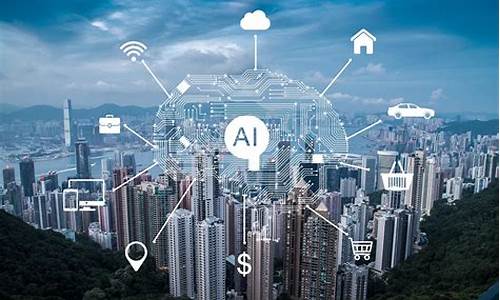智慧城市智慧生活英语作文(如何建设智慧城市的英语作文)
Introduction to Smart Cities and Smart Living
In today's rapidly evolving urban landscapes, the concept of smart cities has emerged as a transformative force. Smart cities integrate advanced technologies to enhance the quality of life for residents, improve efficiency in various sectors, and promote sustainable development. This essay explores the multifaceted aspects of smart cities and their impact on everyday life.
The Evolution of Smart Cities

Smart cities utilize interconnected technologies such as IoT (Internet of Things), AI (Artificial Intelligence), and data analytics to manage assets and resources efficiently. These cities leverage real-time data to optimize traffic flows, reduce energy consumption, and enhance public safety. For instance, smart traffic management systems adjust signal timings based on traffic volume, alleviating congestion and improving air quality.
Enhancing Quality of Life
Beyond infrastructure improvements, smart cities prioritize citizen engagement and well-being. For instance, smart healthcare systems enable remote patient monitoring, predictive analytics for disease prevention, and quicker emergency responses. Moreover, smart education platforms personalize learning experiences and expand access to educational resources, bridging gaps in traditional learning environments.
Conclusion
In conclusion, the advent of smart cities represents a pivotal shift towards sustainable urban development and enhanced livability. By harnessing technology to optimize resources, improve services, and empower communities, smart cities set a precedent for future urban planning. As we continue to innovate and integrate new technologies, the vision of smart cities promises a more connected, efficient, and inclusive future for all.





